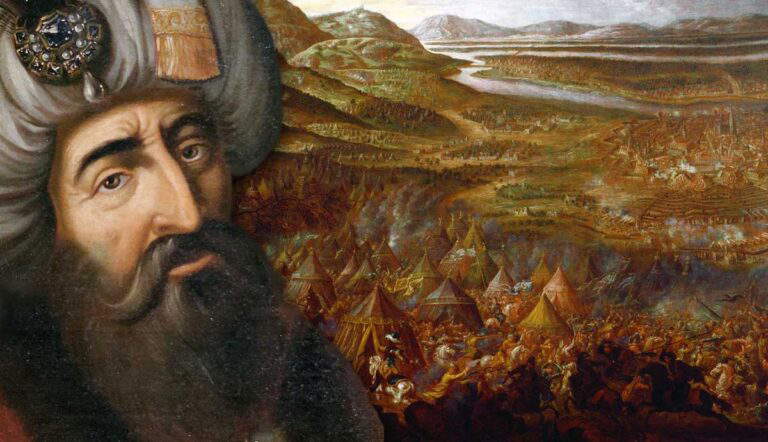Tsira is a international relations specialist based in Tbilisi, Georgia. She holds a master's degree in Diplomacy and World Politics and a bachelor's degree in International Relations from Tbilisi State University. Beyond her professional endeavors, Tsira dedicates her time to researching and writing articles that enrich political science and international relations discourse.
Areas of Expertise

How Queen Nzinga Outsmarted the Portuguese Empire With a Human Throne
Learn about Queen Nzingha’s fierce leadership, her resistance against Portuguese colonization, and her legacy in African history.

Ayuba Suleiman Diallo, the Enslaved Nobleman Who Won His Freedom Through Literacy
The incredible life of Ayuba Suleiman Diallo, who endured slavery, regained his freedom, and became a prominent figure in African history.

Did Marie Antoinette Really Say “Let Them Eat Cake?”
The phrase “Let them eat cake” is falsely attributed to Marie Antoinette, the queen of France, to highlight her detachment from the lives of ordinary Frenchmen.

The Life of Lady Bird Johnson, First Lady and Environmental Advocate
Lady Bird Johnson, former First Lady of the United States, is remembered as a passionate conservationist and civil rights supporter.

What Did Lincoln Say in the Gettysburg Address?
The Gettysburg Address is a historical speech delivered by American President Abraham Lincoln during the American Civil War.

Was Edward the Black Prince a Noble Warrior Prince or a Bloodthirsty Tyrant?
Edward of Woodstock, known as the Black Prince, is celebrated as an exemplar of medieval knighthood. But was he really an exceptional example of medieval chivalry?

The Turbulent Life of Alexander Pushkin
Alexander Pushkin, a Russian writer and poet, is regarded as the founder of a new literary Russian language, artistically capturing the complex nature of Russian society.

How the Battle of Vienna Ended Ottoman Expansion in Europe
In 1683, the Battle of Vienna changed the course of the Ottoman Empire’s history, marking the end of its European expansion.

The History of Neutral Moresnet, Europe’s Forgotten Micronation
Neutral Moresnet was a micro-nation located on the border triangle between Belgium, the Netherlands, and Germany between 1816 and 1919.

Bandung Conference: Decolonization and the Rise of the Third World
The Bandung Conference was the first large-scale political conference composed of newly decolonized countries aiming to define their role in the Cold War international order.

What Is “Lebensraum” and Why Did Hitler Promote It?
Lebensraum—or “living space”—was a critical part of Nazi ideology that justified its territorial expansionism through war efforts and racial policy.

Unit 731: Japan’s Infamous Bioweapons Research Unit
Unit 731 was the Imperial Japanese government’s secret research unit that engaged in human experimentation and biological weapons development during World War II.
